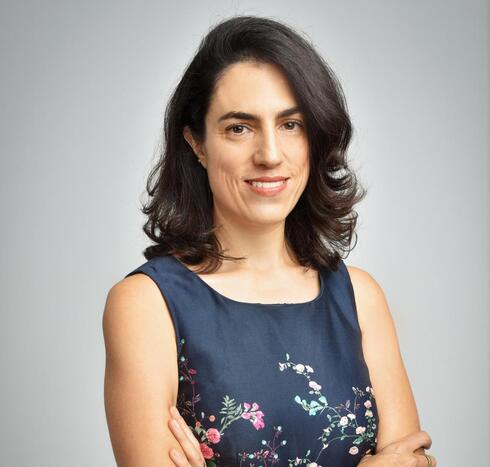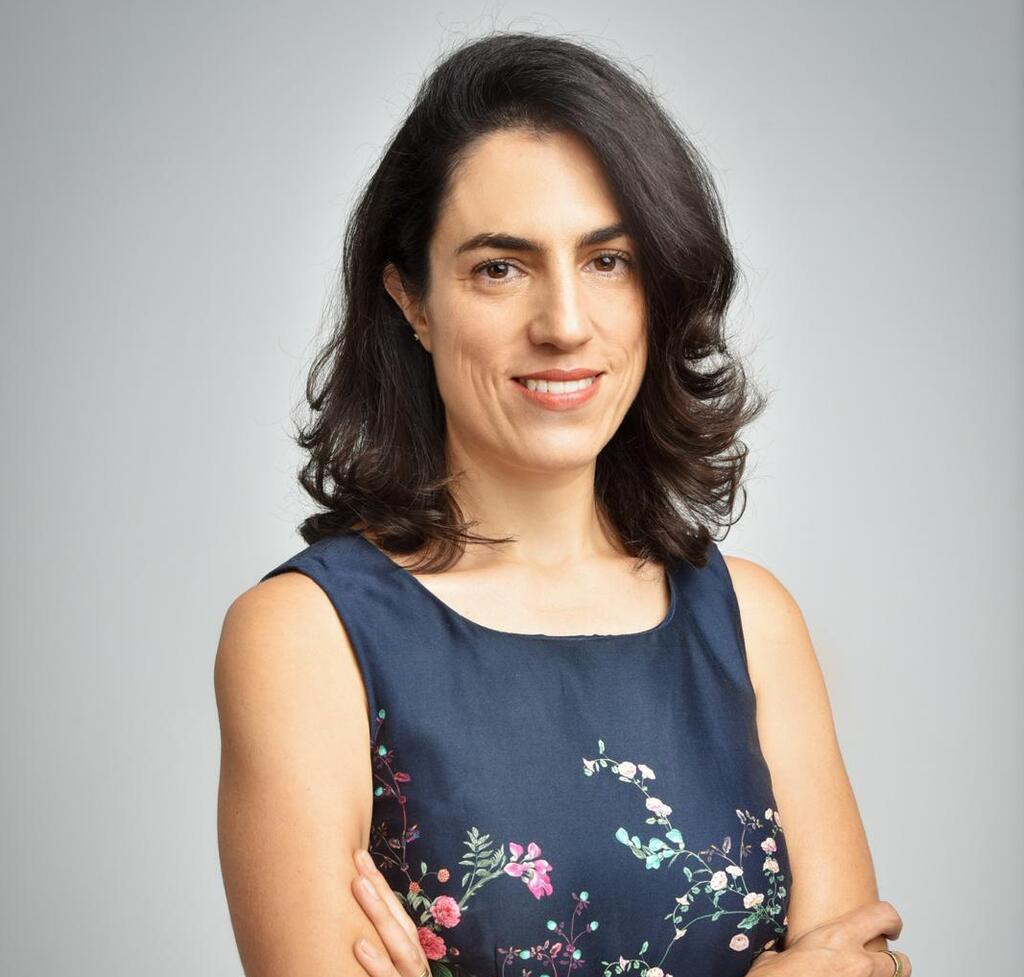
She-inspires
“I am not aware when I am the only woman at the table. I try to ignore things that don't help me”
In an interview with CTech, Yael Ben Arie, CEO of Octopai, explains how she became a leader and what three things made her fall in love with the company she is heading
Yael Ben Arie, CEO of Octopai, was not sure she should take the position offered to her by the company. “Before I joined, I spoke to a number of people about the fact that I was offered the CEO position at this startup. All the men told me ‘don't you dare go, open your own company. You must be crazy for even considering it’. All the women said ‘wow, this opportunity sounds awesome’. I saw the gender gap with my own eyes. For women, apparently, it’s easier to join an existing startup while for men, it’s hard to lead something that is not theirs.”
Octopai is a data management startup that helps organizations understand dataflows. “We train data systems in the organization and we show data users where information is located and how it travels from system to system so they can navigate and understand what will be the impact of every change they are about to make.
״We are leading the dataops revolution in that we are assisting our customers from the design phase in understanding the risk and impact, to production and later on by monitoring, understanding and analyzing the way their production environment behaves. Basically, we help our customers throughout their data lifecycle.”
Ben Arie ultimately decided to take on the challenge. “There are three things that Octopai offers its customers that I relate to personally. First, we allow our customers to be proactive and I am a very proactive person. Also, I believe in taking full ownership and responsibility and Octopai enables its customers to analyze data and understand how it will affect the organization, which enables others to take responsibility. And finally, Octopai offers its users the ability to understand the big picture which is important for decision making.”
What happened to the CEO founder?
“The two founders work in the company, but neither is a CEO. From the beginning the CEO position was a hire, not a founder. I replaced another CEO,” Ben Arie explains.
“It’s a very different challenge to be placed in an organization that already has a culture. This is the second time I am joining a more mature company and taking it to the next level. I find it very satisfying although, it is a huge challenge.“
CTech's She-inspires series follows the stories of various female leaders in Israel. The interviewees hail from various sectors: some work at high level positions in large organizations, some are founders, and some are key players in industries aimed at changing the world for the better. The goal is to learn where they came from, where they are going and how they are bringing inspiration to an entire sector making its way towards a glass ceiling just waiting to burst.
How do you juggle your family and your position?
“I’m a mother to three kids and my husband is a VP of R&D. We are both busy. My first child was born when I finished my MSc so my whole career I had kids. I was breastfeeding while team building,” Ben Arie recalls. “For me, it was important from early on to choose a partner that will share ‘life’ with me. We support each other. Also, work/life balance is crucial to me. I believe in boundaries and I always had the best performance. I firmly believe you need time for your family.”
Do you feel that being a woman benefited you?
“I am not aware when I am the only woman at a table, or the only female speaker in a panel. I don't see it unless people tell me. Everything that doesn't work for me I put aside. I am good at ignoring things that don't help me.”
When asked how she does this Ben Arie explains, “I trained myself through high school. I taught myself to let things go, such as what others think of me.”
That is very rare at such a young age.
“I am very self aware, I recognized where I was struggling and I made a decision to change it. I didn't want to pay for such expensive life lessons. I learned how to communicate, I learned how to hold back and think before I speak. I tried to learn from others and the main lesson I learned from men is to wait before I speak for example, to be the last one to say the smart sentence at the end of a meeting.”
Why do you think women struggle in reaching high level positions?
“I see many women looking to find stability at all costs. This prevents progress. I moved and changed positions all the time. I think that there is something about failing that women find frightening,” Ben Arie explains. “I think it's how we are brought up from an early age. I give lots of credit to the way my dad raised me. He encouraged me to do risky things and solve challenges. That is not to say that I don't feel fear, I do, but I do it anyway. I think that is why I am where I am.”
First published: 10:00, 06.10.22














